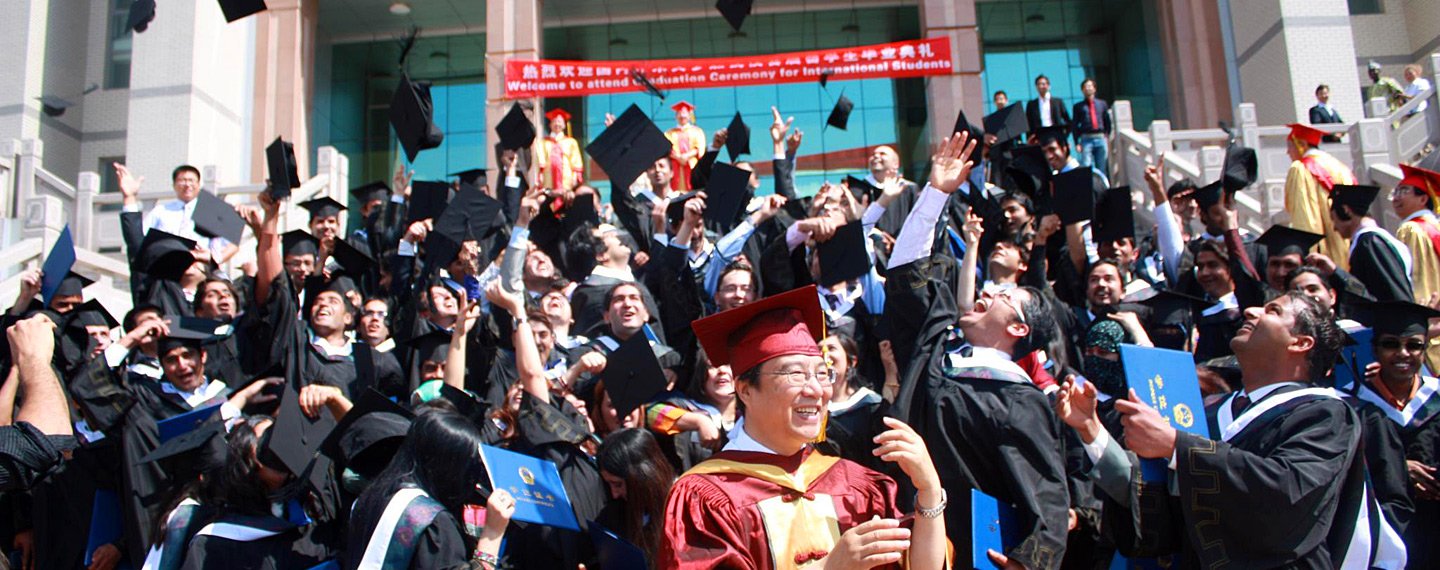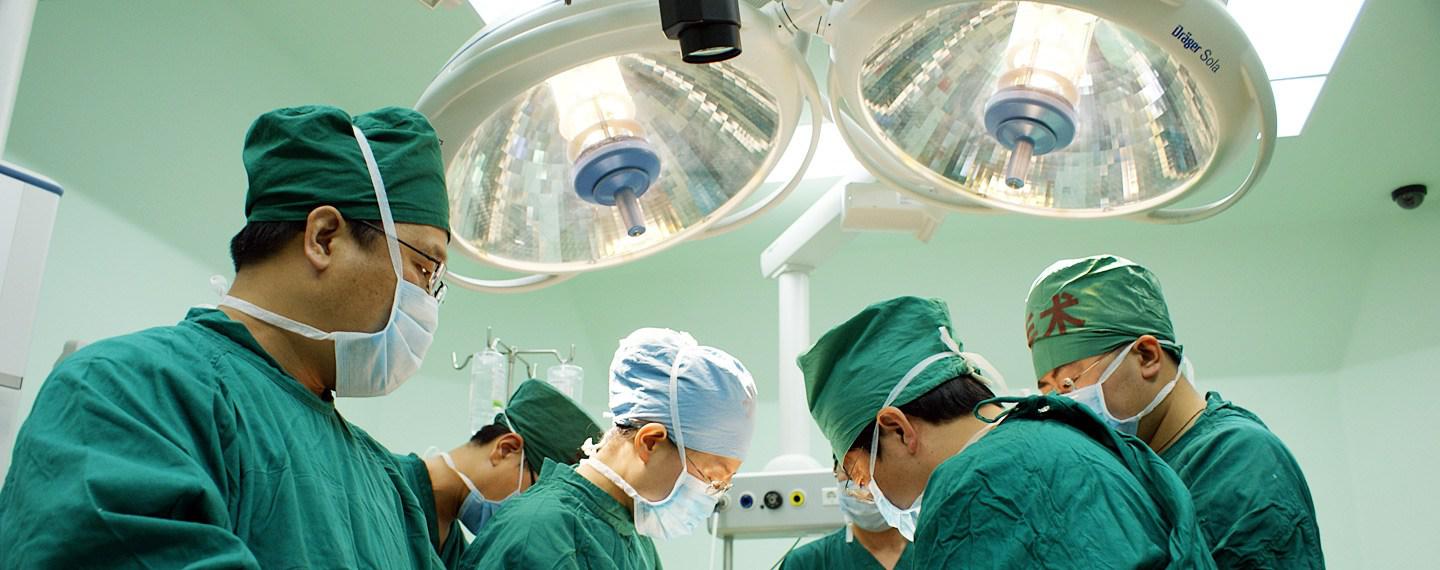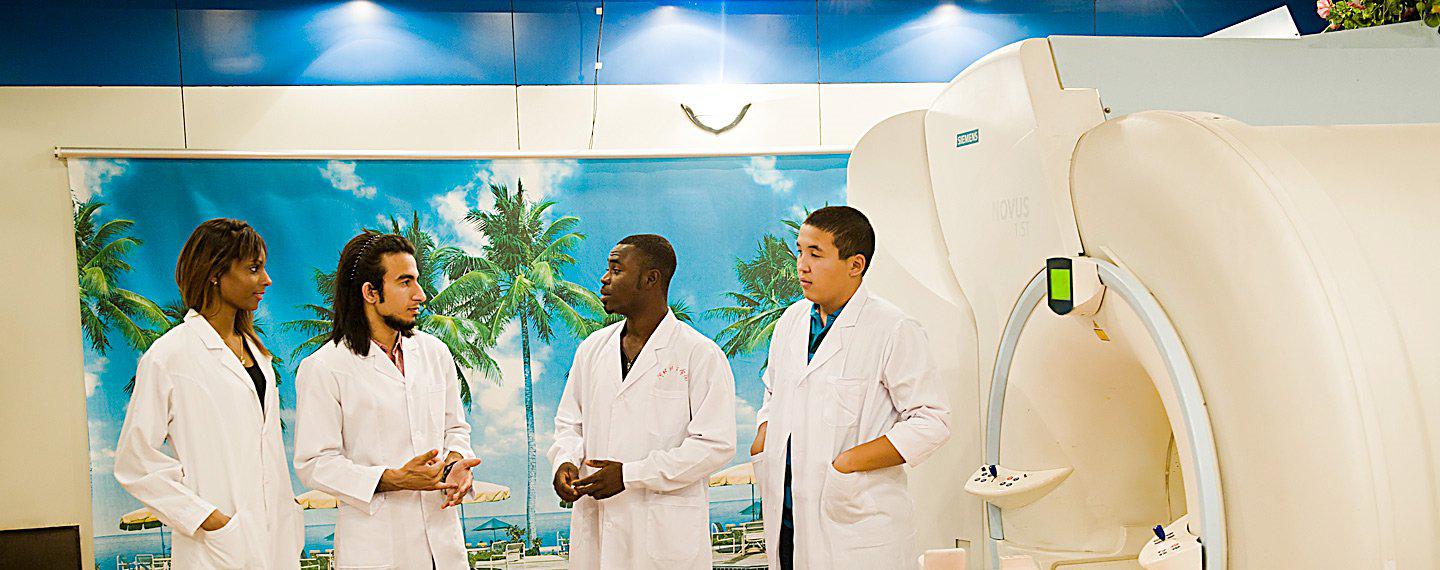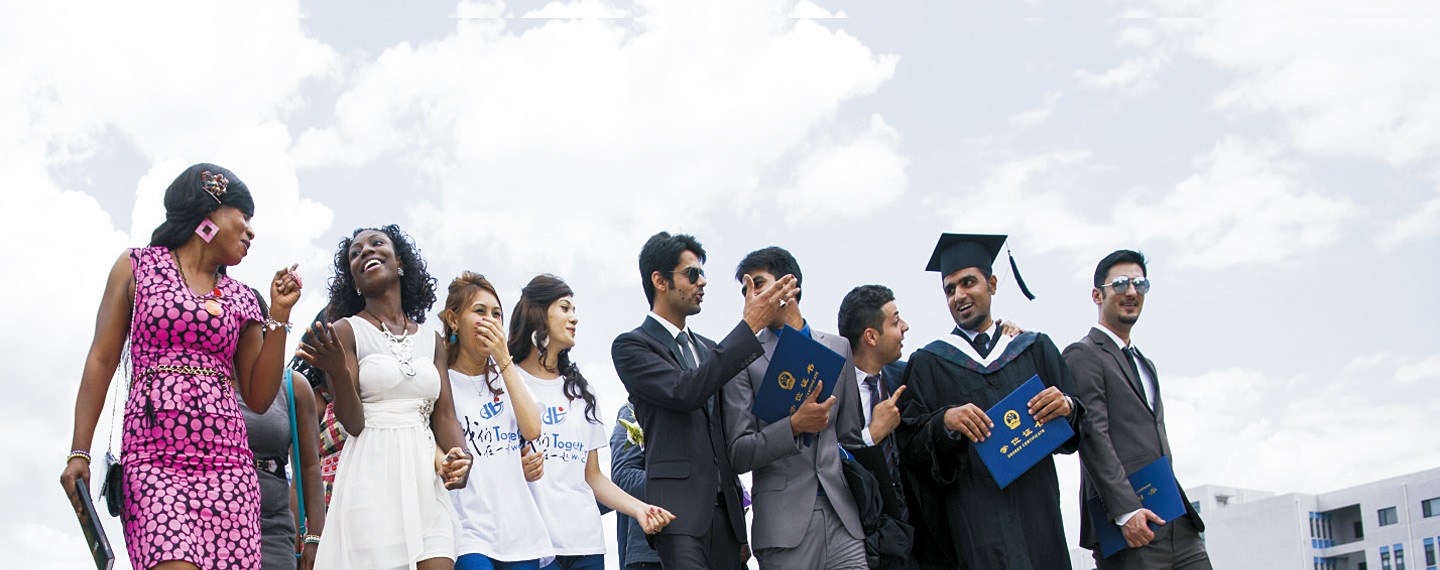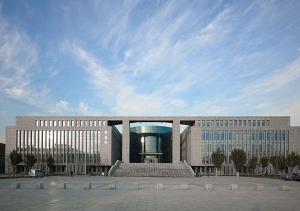 Your Position:
Your Position:
Bachelor of Medicine and Bachelor of Surgery Degree
Time:2017 05 22 Click:6832
Bachelor of medicine and bachelor of surgery degree or in Latin: Medicinae Baccalaureus, Baccalaureus Chirurgiae is commonly abbreviated as MBBS MBChB, MBBCh, MB BChir (Cantab), BM BCh (Oxon), BMBS and is the name of the degree conferred to medical school graduates. It is commonly known as a ‘medical degree’. It is actually the combination of the first two professional degrees in medicine that is medicine and surgery but is conferred together by most institutions in the world which follow the United Kingdom traditional system including China. It is equivalent to the Doctor of Medicine(MD) medical degree awarded upon graduation in countries that follow suit with the United States of America system.
This degree program has a duration that ranges from 4.5years to 7years country specific. The objective of the program Upon completion of the MBBS program including one year of compulsory rotating internship the Medical Graduate, who is to be registered the Medical Practitioner, must be competent to: take relevant medical history and conduct clinical examination appropriately;
Ø demonstrate understanding of the principles and practices of modern medicine with sound knowledge of structure and functions of human body in health and disease;
Ø communicate with patients and their families, colleagues and other members of health care team with respect, politeness and compassion;
Ø carry out professional responsibilities related to the individual, family, community and society at large with concern and care;
Ø manage life threatening medical emergencies;
Ø manage common medical problems appropriately;
Ø recognize clinical conditions that require referral, give initial treatment and refer to appropriate health care institutions;
Ø recognize the biological and the social determinants of health of an individual as well as the population;
Ø plan and manage preventive, promotive, and rehabilitative health programs;
Ø function as a member of the health care team;
Ø identify and carry out necessary medico-legal procedures;
Ø practice the principles of medical ethics;
Ø acquire new knowledge and skills through continuous professional development;
Ø appraise published scientific literature critically and engage in research work; and
Ø Use medical informatics effectively.
The core curriculum is composed of Basic Medical Sciences (Human Anatomy, Physiology, Biochemistry, Microbiology, Pathology and Pharmacology, Community Medicine, Forensic Medicine, Internal Medicine, General Surgery, Obstetrics and Gynecology, Pediatrics, Orthopedics, Psychiatry, Dermatology, Ophthalmology, Otorhinolaryngology, Anesthesiology, Radiology and Stomatology). This curriculum is based on what the program uses in China and each university defines its own objectives and course workout.
Bachelor of Medicine and Bachelor of Surgery is known as first professional degree because it leads holders upon qualification to enter a specific career upon qualification. They may also continue their studies into postgraduate courses to sit in postgraduate examinations and as such eligible for membership and fellowship of professional institutions.
This degree program has a duration that ranges from 4.5years to 7years country specific. The objective of the program Upon completion of the MBBS program including one year of compulsory rotating internship the Medical Graduate, who is to be registered the Medical Practitioner, must be competent to: take relevant medical history and conduct clinical examination appropriately;
Ø demonstrate understanding of the principles and practices of modern medicine with sound knowledge of structure and functions of human body in health and disease;
Ø communicate with patients and their families, colleagues and other members of health care team with respect, politeness and compassion;
Ø carry out professional responsibilities related to the individual, family, community and society at large with concern and care;
Ø manage life threatening medical emergencies;
Ø manage common medical problems appropriately;
Ø recognize clinical conditions that require referral, give initial treatment and refer to appropriate health care institutions;
Ø recognize the biological and the social determinants of health of an individual as well as the population;
Ø plan and manage preventive, promotive, and rehabilitative health programs;
Ø function as a member of the health care team;
Ø identify and carry out necessary medico-legal procedures;
Ø practice the principles of medical ethics;
Ø acquire new knowledge and skills through continuous professional development;
Ø appraise published scientific literature critically and engage in research work; and
Ø Use medical informatics effectively.
The core curriculum is composed of Basic Medical Sciences (Human Anatomy, Physiology, Biochemistry, Microbiology, Pathology and Pharmacology, Community Medicine, Forensic Medicine, Internal Medicine, General Surgery, Obstetrics and Gynecology, Pediatrics, Orthopedics, Psychiatry, Dermatology, Ophthalmology, Otorhinolaryngology, Anesthesiology, Radiology and Stomatology). This curriculum is based on what the program uses in China and each university defines its own objectives and course workout.
Bachelor of Medicine and Bachelor of Surgery is known as first professional degree because it leads holders upon qualification to enter a specific career upon qualification. They may also continue their studies into postgraduate courses to sit in postgraduate examinations and as such eligible for membership and fellowship of professional institutions.

